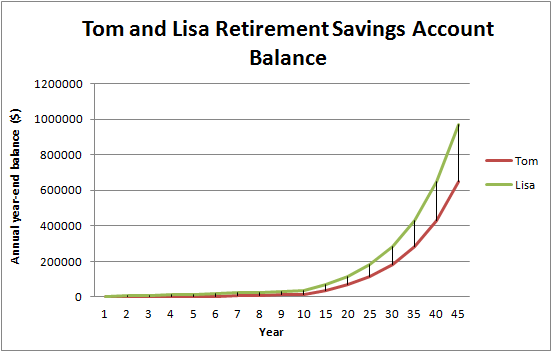By: Peter Mueller
On Monday, October 1, the GOP threw an “anti-Obamacare” wrench into the gears of the U.S. federal machine causing a government shutdown. The Senate is standing divided over the issues of universal healthcare and the Federal Budget, and domestic businesses are hoping to see a resolution before witnessing the repercussions of the shutdown. Aerospace manufacturer Boeing looks at the month ahead with an eye of discontent. With the omnipresent veil of the government shutdown and potential intrusion within commodity markets by the Federal Reserve, Boeing faces possible pitfalls in the weeks ahead.
Early last month, Boeing showcased its new version of its flagship airplane the 787-9 Dreamliner in efforts to compete with rival Airbus’s A350-800. The upgraded version of the 787 offers 38 more seats, and an expanded range of 8,478 nautical miles. Although the new 787-9 is ready for production, the Federal Aviation Administration (FAA) must certify the planes before Boeing is able to commence production. According to Bloomberg, on Tuesday morning approximately 15,000 Federal Aviation Administration employees were furloughed, among them were the 2,800 safety inspectors needed to approve the new 787-9. Shortly after, the FAA released a statement stating that all aircraft certification will be postponed.
If the government shutdown is to continue through mid-October, the March 2014 delivery dates of the 787-9 could be pushed back for the 5th time in the Dreamliner’s brief history, according to USA Today. News of delays could weaken Boeing consumer confidence within the aerospace market, and benefit French rival Airbus.
Boeing is not only facing possible pitfalls from the inactivity of government, but also from government interference. After much scrutiny from government regulators, the Federal Reserve is now reviewing the role that banks play in the commodities market.
Businessweek states that in 1999 the Gramm-Leach-Bliley Act was enacted, allowing banks to invest freely in physical commodities. Those looking to reverse the bill argue that Wall Street has gained too much power over vital aspects of commodity infrastructure that could affect the economy when managed improperly.
In an attempt to sway lawmakers against the reversal, a group of corporations, including Boeing, issued a letter warning the Federal Reserve. The letter urged lawmakers to consider the positive affects that financial institutions have had on dampening the volatility of commodities. The involvement of financial institutions in physical commodities has also eliminated businesses to need capital for storing raw materials.
If the Senate subcommittee overseeing the case rules in favor of limiting Wall Street’s involvement in the commodities market, commodity prices could rise hindering the domestic aerospace manufacturing industry. With U.S. furloughs and the possible reversal of the Gramm-Leach-Bliley Act, Boeing could stand to lose a segment of its market share to nemesis Airbus.




























